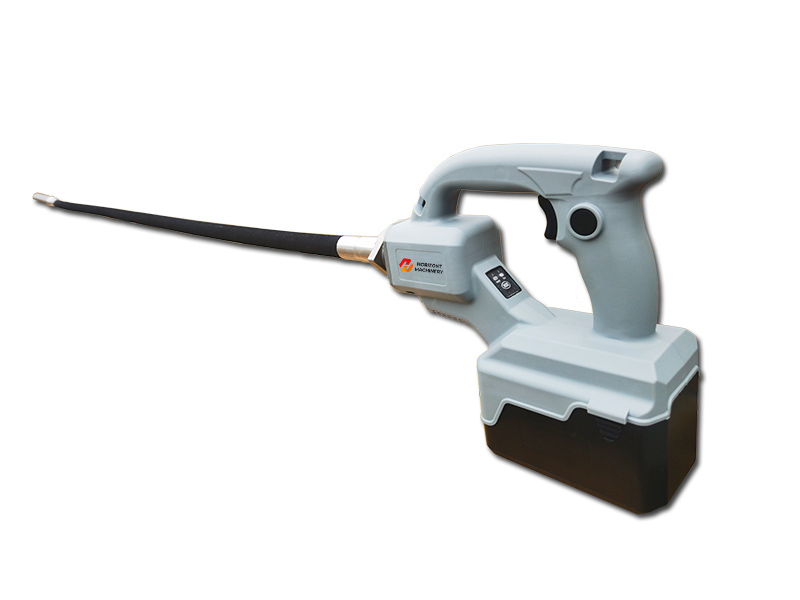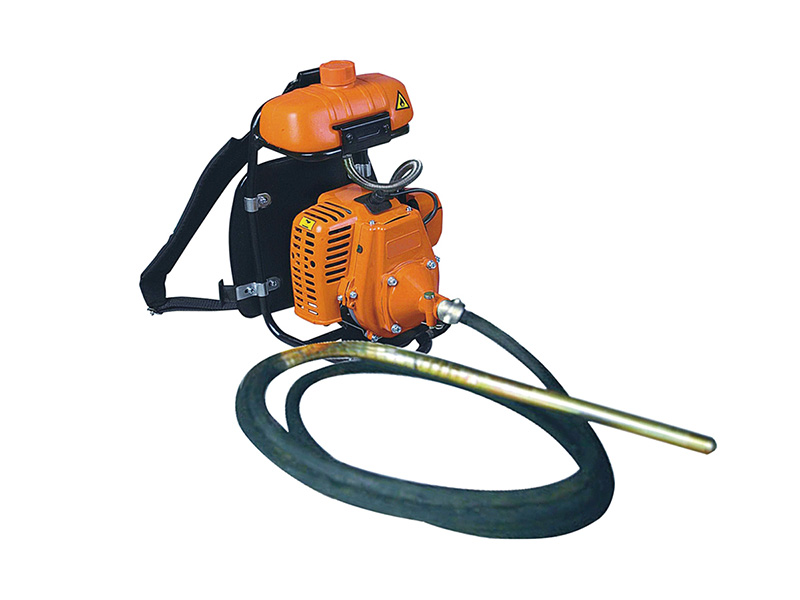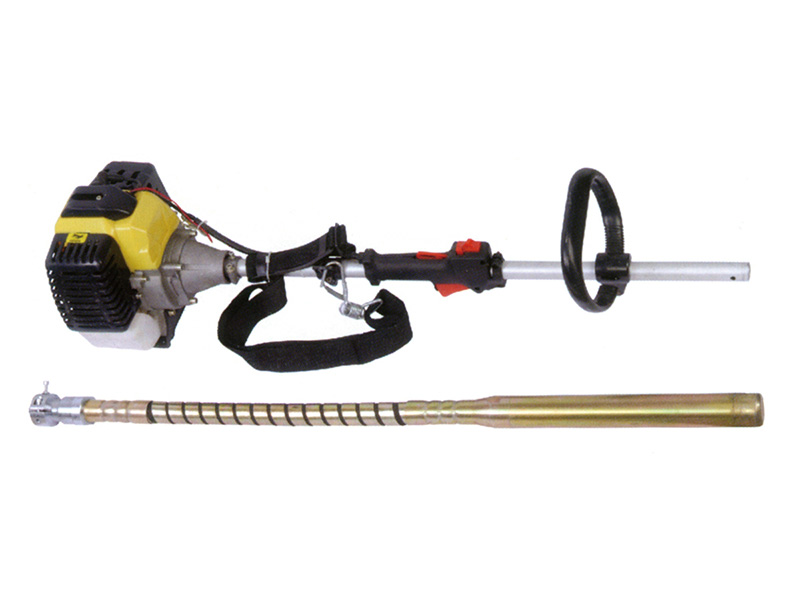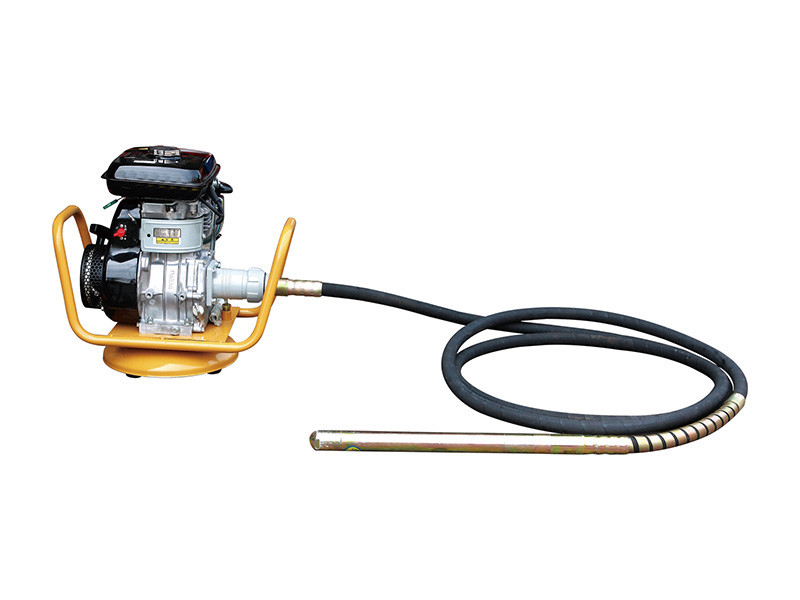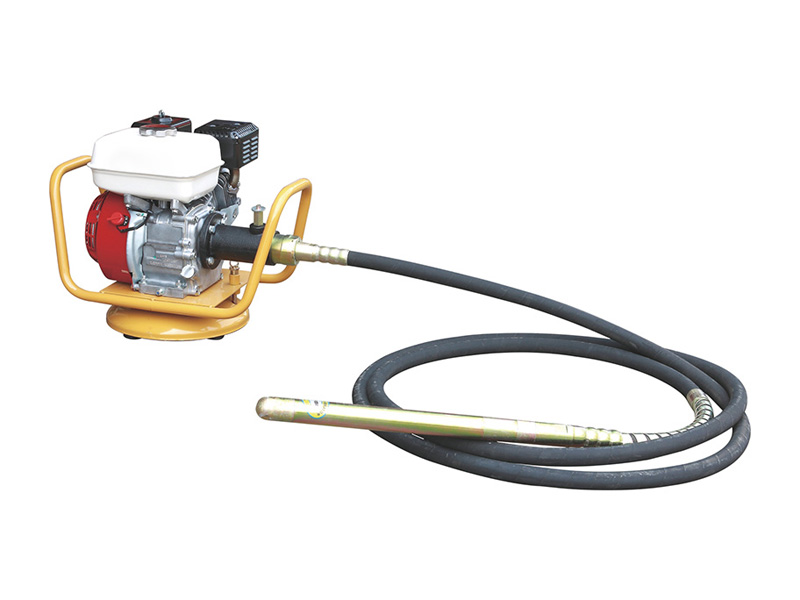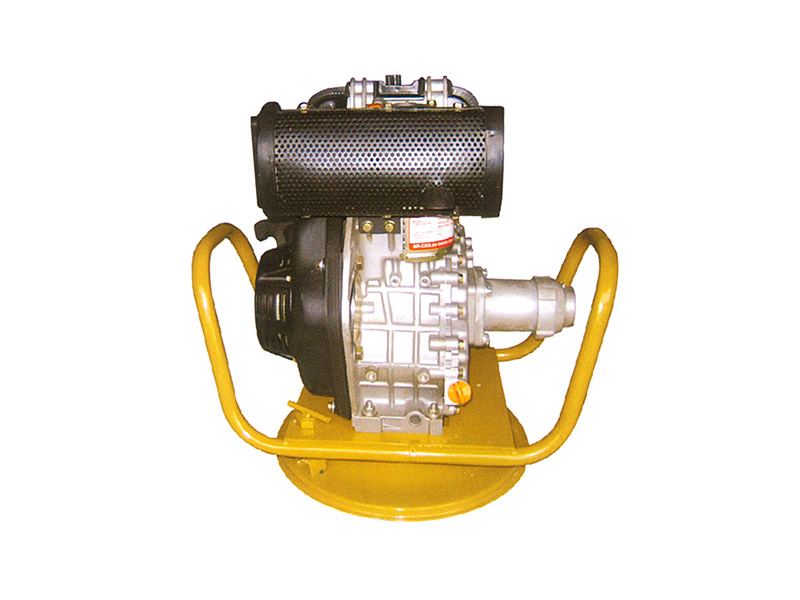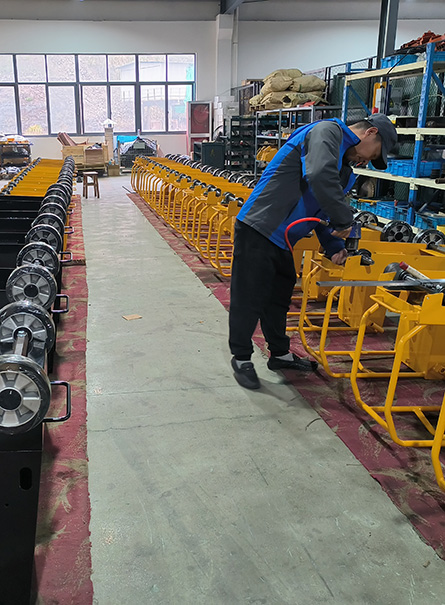HCV5220 Cordless Concrete Vibrator
Bar Diameter
28mm,35mm
Engine Power
DC Brushless Permanent Magnet Synchronous Motor
Rotary Speed
12000 or 15500 VPM
HCV38 Concrete Vibrator with 2HP Engine
Bar Diameter
32mm,38mm,45mm
Engine Power
2HP
Rotary Speed
7500r/min
HCV35 Concrete Vibrator with 2HP Honda Engine
Bar Diameter
38mm,45mm
Engine Power
2HP
Rotary Speed
7500r/min
HCV-R Concrete Vibrator with 5.5HP Robin Engine
Bar Diameter
optional choice
Engine Power
Gasoline Robin 5.5HP
Rotary Speed
7500r/min
HCV-H Concrete Vibrator with 5.5HP Honda Engine
Bar Diameter
optional choice
Engine Power
5.5HP Honda Engine or Loncin engine
Rotary Speed
7500r/min
HCV-D Concrete Vibrator with KAMA Diesel Engine
Bar Diameter
optional choice
Engine Power
KAMA Diesel
Rotary Speed
7500r/min
Understanding the necessity and mechanics of concrete vibration is crucial for construction projects. Concrete vibration is a process where a specialized machine, known as a concrete vibrator, is used to strengthen the concrete by vigorously shaking it right after pouring. This action helps eliminate air bubbles, enhancing the concrete's structural integrity.
Concrete vibrators come in different types
- Immersion/Internal Vibrators: These are common in construction. When using an internal concrete vibrator, insert it into the wet concrete and then gradually withdraw it while it vibrates the surrounding material. Key tips include keeping the vibrator vertical to avoid snagging on rebar and withdrawing the device slowly to ensure maximum air bubble elimination.
- Form/Formwork Vibrators: Used with precast concrete, these vibrators are attached to the outside of the concrete form. They require several units spaced apart to agitate the concrete thoroughly. It's essential to ensure the formwork vibrates freely and the vibrator heads are fully submerged.
- Surface Vibrators: Ideal for concrete slabs up to 6 inches deep, surface vibrators are placed on top of the poured concrete. They are most effective when paired with an internal vibrator for deeper layers. The choice of vibrator type is crucial, depending on the work requirements.
The concrete vibrating process typically lasts between 5 to 15 seconds, repeated as needed to remove all bubbles.
Vibrating concrete is generally essential, not only for structural strength but also to comply with building codes. Horizont offers Concrete Vibrators, known for their robust steel heads and effective vibration radius. These tools are essential for ensuring the strength and longevity of your construction projects.


